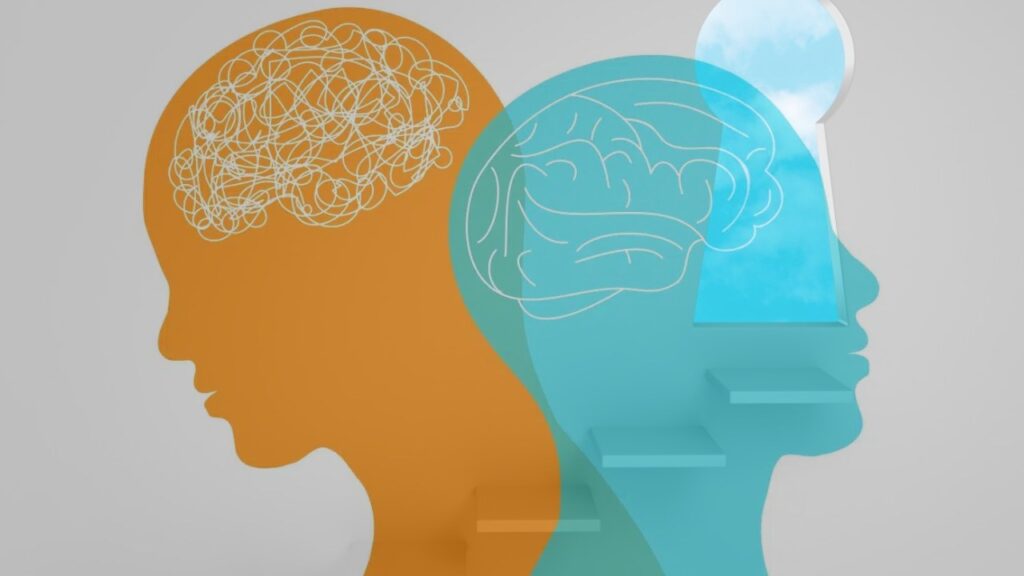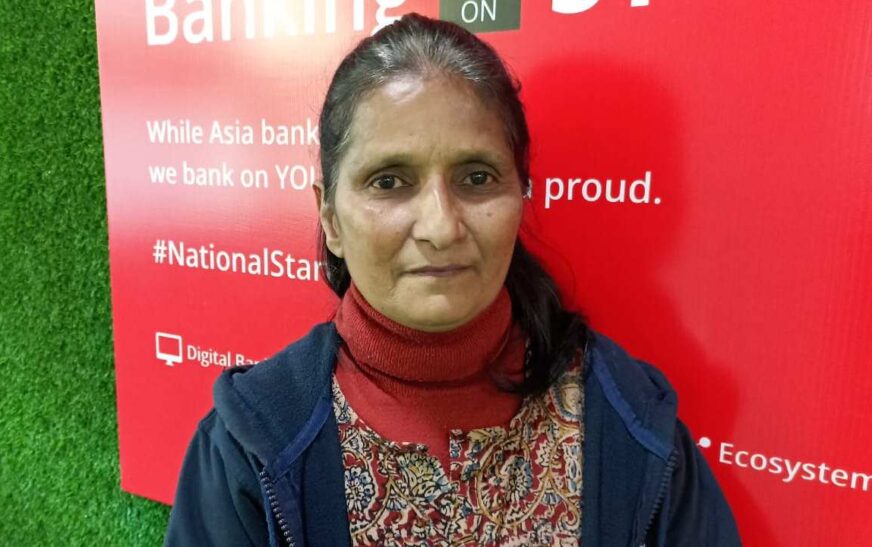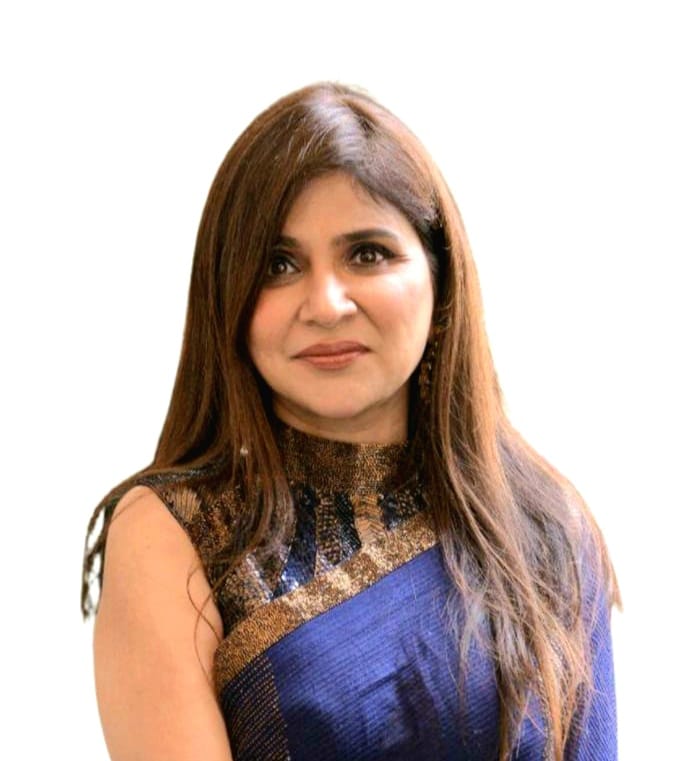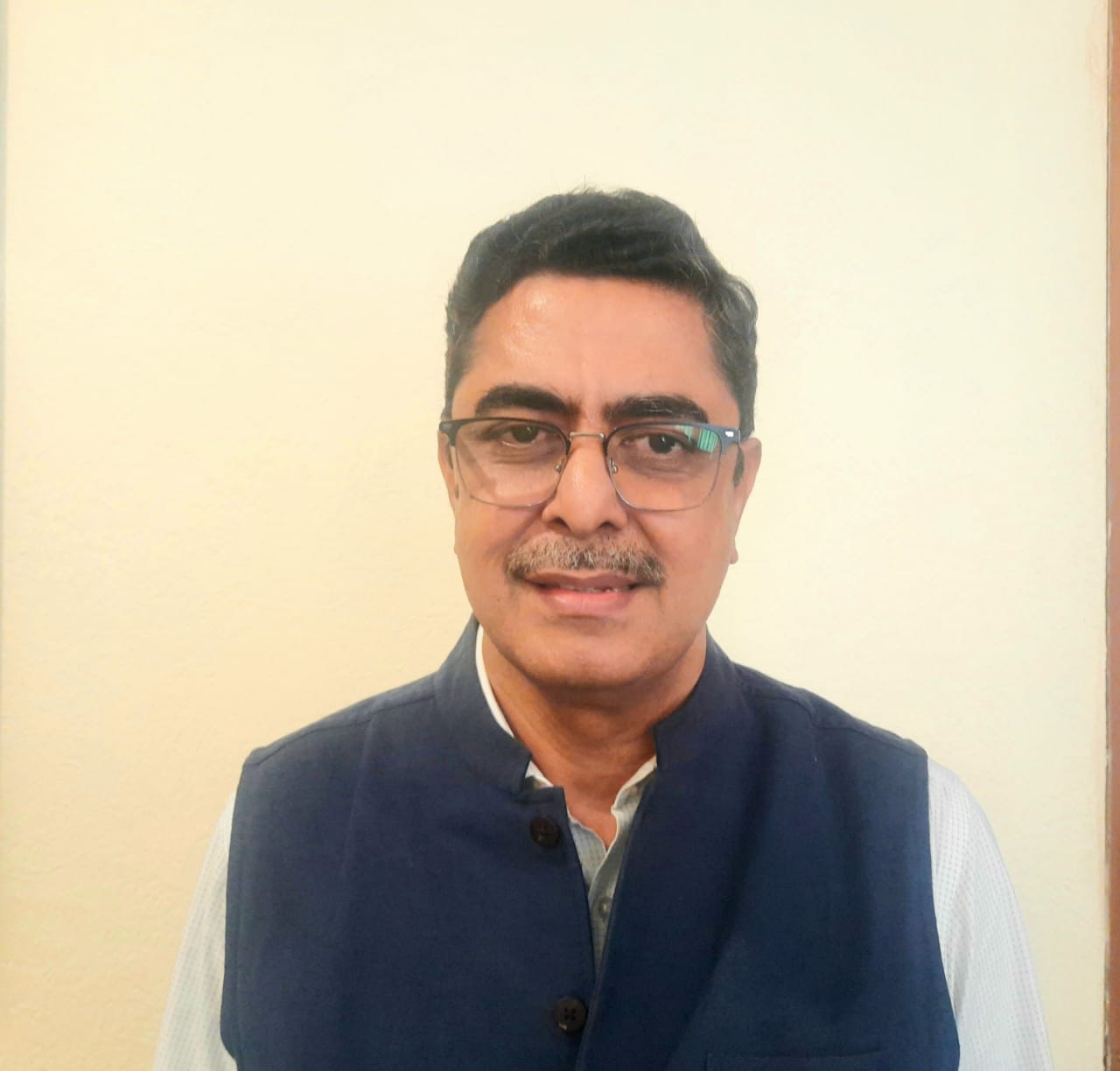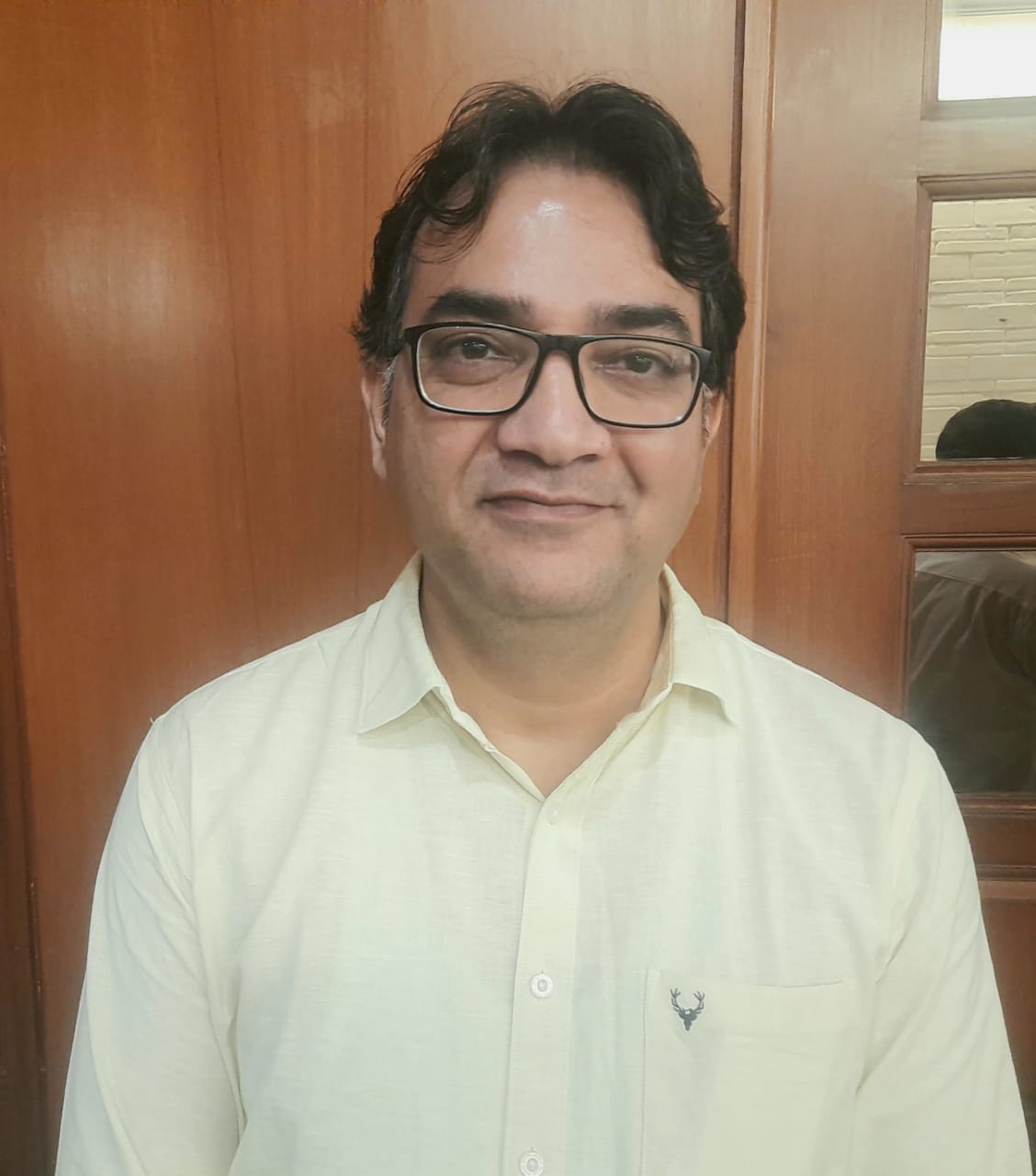Living a meaningful life extends far beyond chasing personal success or indulging in fleeting pleasures. At its essence, it is rooted in self-awareness—the ability to understand our values, strengths, and limitations while recognizing how our actions impact the interconnected world around us. This self-awareness serves as the cornerstone of empathy, allowing us to build authentic connections, embrace diverse perspectives, and act with genuine compassion.
True fulfillment arises when we align our ambitions with a commitment to uplifting others. It’s not about grandiose gestures or monumental accomplishments; even small, thoughtful acts of kindness can create ripples of positive change throughout society. When we redefine success to encompass not just personal achievements but also our contributions to the greater good, life becomes richer and more profound.
This approach nurtures a harmonious balance between self-interest and collective well-being. It ensures that personal growth is not achieved at the expense of others but in collaboration with them. It inspires us to think beyond ourselves and strive to leave a legacy of purpose and positivity. Aligning individual aspirations with the betterment of society unlocks the secret to a truly fulfilling life—one where our existence not only enhances our own lives but also enriches the world we share.
In an exclusive conversation with The Interview World, Dr. Archana Saxena, a distinguished behavioural scientist and counsellor affiliated with several organizations, highlights how the younger generation can lead a more meaningful life by overcoming distractions. She emphasizes the transformative power of constructive counselling in steering individuals toward the right path. Dr. Saxena also sheds light on one of India’s most pressing societal challenges that exacerbate behavioural issues, particularly among youth. Finally, she delivers an inspiring message, illustrating how behavioural change can empower individuals to transform their lives and thrive with purpose.
Q: How can younger generations focus on achieving significant milestones in their lives effectively, rather than getting caught up in distractions or less impactful pursuits?
A: The fundamental issue is that 90% of what occupies our minds and time holds little relevance to our success, happiness, or satisfaction. Both younger and older generations often lack clarity, worrying excessively about things that ultimately don’t matter. This misplaced focus also drains our energy and clouds our priorities.
What I consistently advise is this: out of everything you think about, identify the 5% that truly matters—the goals, passions, or values you would pursue no matter the cost. Direct all your energy, effort, and determination toward those 5%. Simultaneously, define the 5% of things you absolutely refuse to do, no matter the circumstances. This clarity creates a powerful framework for decision-making.
For the remaining 90%, adopt a flexible approach. Treat it as the “it depends” zone—handle it based on your convenience, mood, and available resources. Release the pressure and guilt associated with not excelling in this area. By narrowing your focus and prioritizing wisely, you can achieve greater success, nurture healthier relationships, and experience a deeper sense of happiness.
Q: As a behavioural scientist, what notable changes do you typically observe in individuals following counselling sessions?
A: To achieve significant milestones in life, one must often navigate complex personal challenges. Over the past 15 to 20 years, I have counselled individuals from all walks of life—students, senior officers, scientists, and community members. During the COVID-19 period, I was stationed in Delhi, making myself available to help those in need.
One encounter that stands out involved a mother and her son, a priest, who was deeply distressed. I reminded him of a fundamental truth: before any title or role, we are human beings. On this earth, our primary duty is to embody the higher qualities of humanity. We must not promote or overlook evil but instead champion goodness. He struggled because, in his community, he sought to treat everyone equally—those who caused harm and those who suffered from it. While equality is a noble principle, I urged him to understand that being a representative of God means fostering goodness and denouncing wrong. God, in essence, represents goodness, and it is our responsibility to amplify that goodness in our actions.
Young people, too, often feel overwhelmed by guilt or circumstances. I recall counselling a PhD student from a prestigious engineering institute. He carried a heavy burden of guilt and sought clarity. Over a discussion lasting one hour and forty minutes, I reassured him. I pointed out that he had never intentionally harmed anyone or coerced anyone into wrongdoing. He was a good son who wanted to be transparent with his parents and was pursuing a remarkable academic journey. Importantly, he demonstrated a genuine desire to overcome his inner turmoil—a testament to his strength of character.
With counselling, he gradually shifted his perspective. He embraced his potential and took decisive steps toward fulfilling his responsibilities. Witnessing such transformations reaffirms the power of empathy, guidance, and the human spirit to rise above challenges and pursue greatness.
Q: What do you believe is the most significant issue in Indian society that exacerbates behavioural challenges, particularly among the younger generation?
A: Once again, I emphasize the importance of clarity. From childhood, we must equip our young people to navigate challenges with a clear understanding. They need to learn decision-making—distinguishing right from wrong. Respect for elders, an integral part of our culture, is crucial. When I taught at the college, I often told the young women: “In your family, there may be just two, three, or at most five elders. Show them unconditional respect.” This is the essence of family culture.
Clarity is essential. Often, we confuse what we call a “generation gap” with a simple perception gap. We possess a wealth of knowledge that can be invaluable to our children. It’s vital that they learn how to communicate respectfully with elders. They should be clear about their goals, confident in their choices, and open to discussions.
These are the core values of a civil society. We must embrace them, refining ourselves to contribute meaningfully to the broader well-being of our world.
Q: What is your key message to all stakeholders in society—parents, the younger generation, and others—on how they can transform their lives through behavioural change?
A: One piece of wisdom my father shared with me in my childhood resonates deeply: “Always try to see things from the other person’s perspective.” Let’s consider an example: even a thief, while committing the act, should reflect on how the victim will feel when they realize their belongings are gone. If two individuals can understand how the other feels—why they behave a certain way or say particular things—it fosters empathy.
Understanding, clarity, and focus on your true goals are essential. We are all uniquely programmed, and being aware of this is crucial. Above all, live a meaningful life. It is your duty to find happiness and purpose, not just for yourself but for the society around you. Consider what you are adding to your life and to the world. Think about the legacy you will leave behind.
